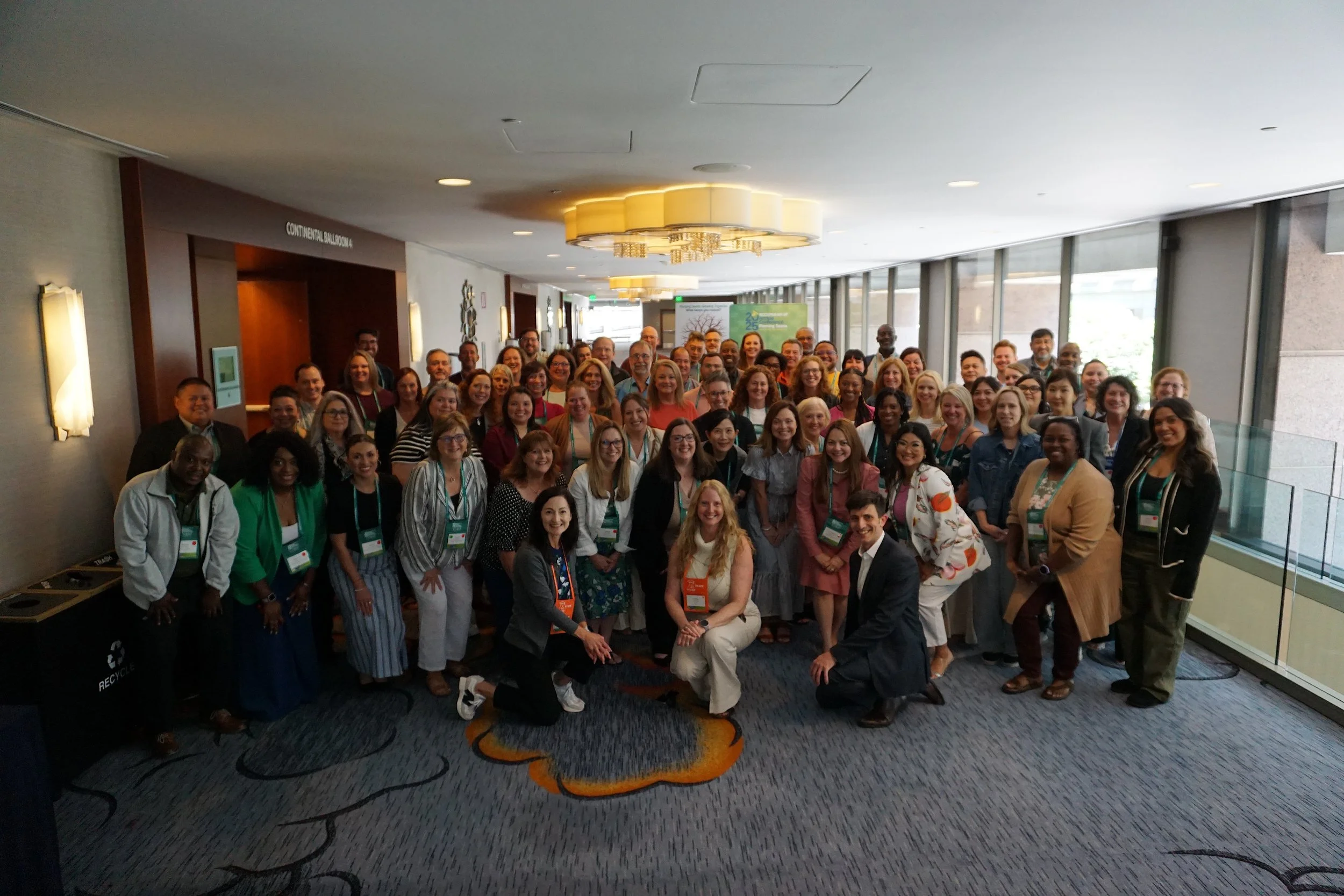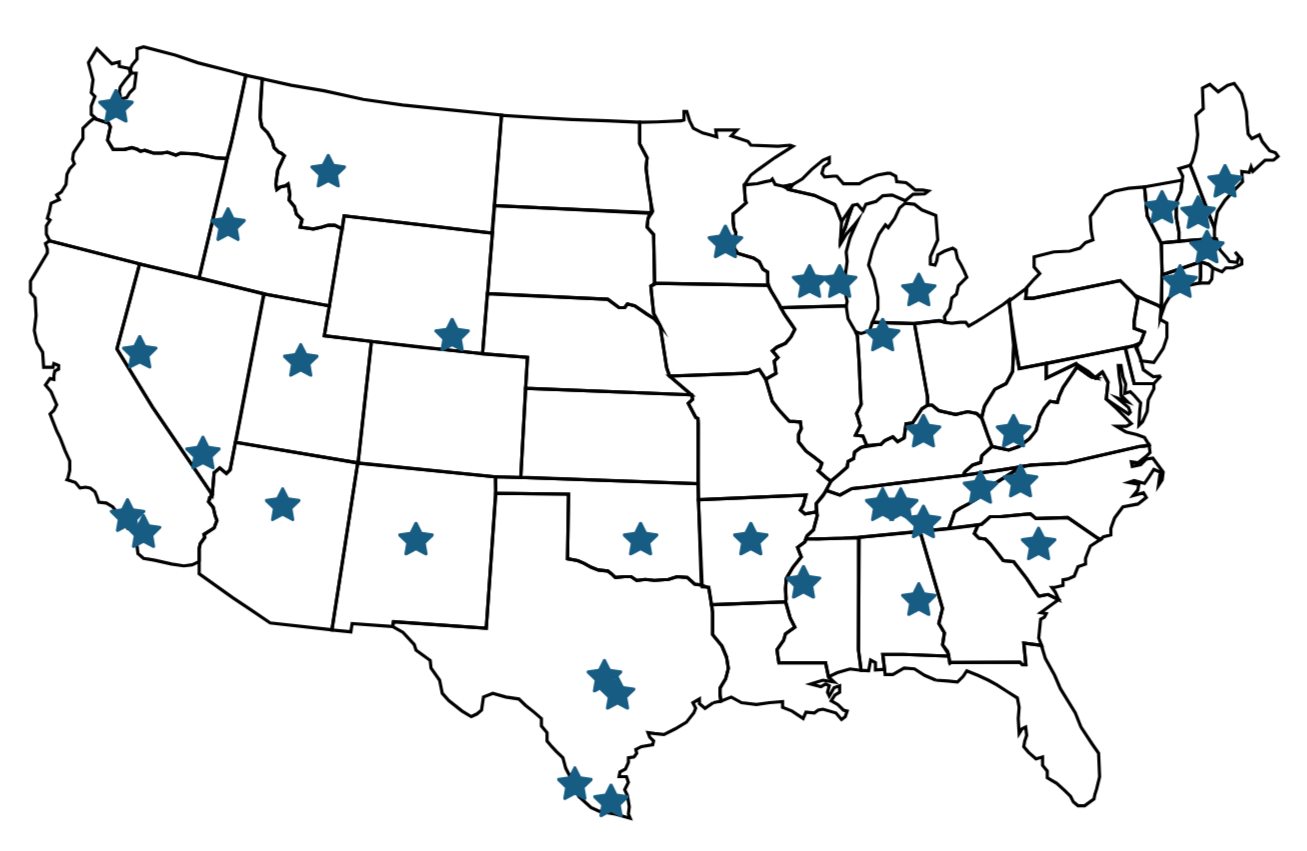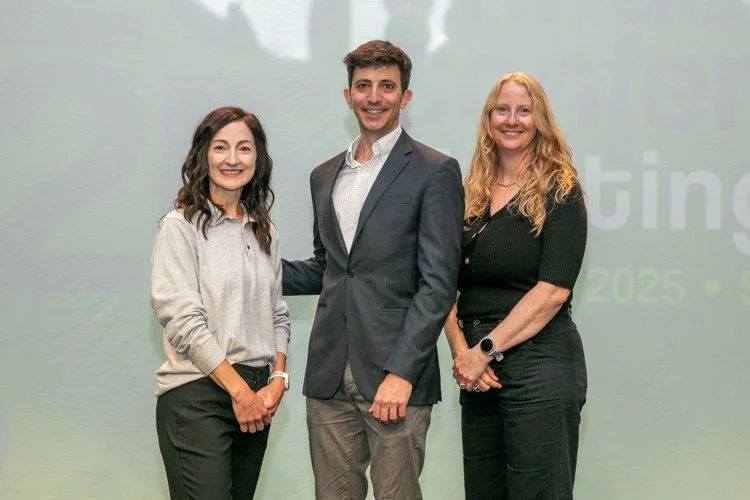History and Purpose of CCREC
What began as an idea on the back of a napkin has since become a multi-grant, collaborative effort to systematically evaluate a federally funded grant program.
Established in 2010, CCREC is a voluntary, grantee-led response to gaps in knowledge about the collective GEAR UP program. Working with the National Council for Community and Education Partnerships (NCCEP), the National Student Clearinghouse (NSC), the NSC Research Center, and ACT the founding 13-member states established the necessary infrastructure to conduct a longitudinal, multi-state grant evaluation. Referred to as CCREC 1.0, these initial 13 state programs were: Arizona, Idaho, Kentucky, Minnesota, Montana, New Mexico, North Carolina, Nevada, Oklahoma, Tennessee, Utah, Washington, and Wyoming. As CCREC has evolved into 2.0, the evaluation is ongoing and currently encompasses over 110,00 students participating in 28 state and partnership grants as they progress from 7th grade through postsecondary completion. This initiative has not only continued to develop by accounting for lessons learned, but has transitioned to an ongoing evaluation that, beginning with fiscal year (FY) 2016 grantees, continuously onboards GEAR UP grantees.
The research questions guiding the work of CCREC are universally applicable to GEAR UP, while the wide array of program services captured enable a closer examination of core college and career readiness strategies routinely used by GEAR UP programs. Specifically, CCRCEC seeks to examine the extent to which services are related to the following outcomes:






